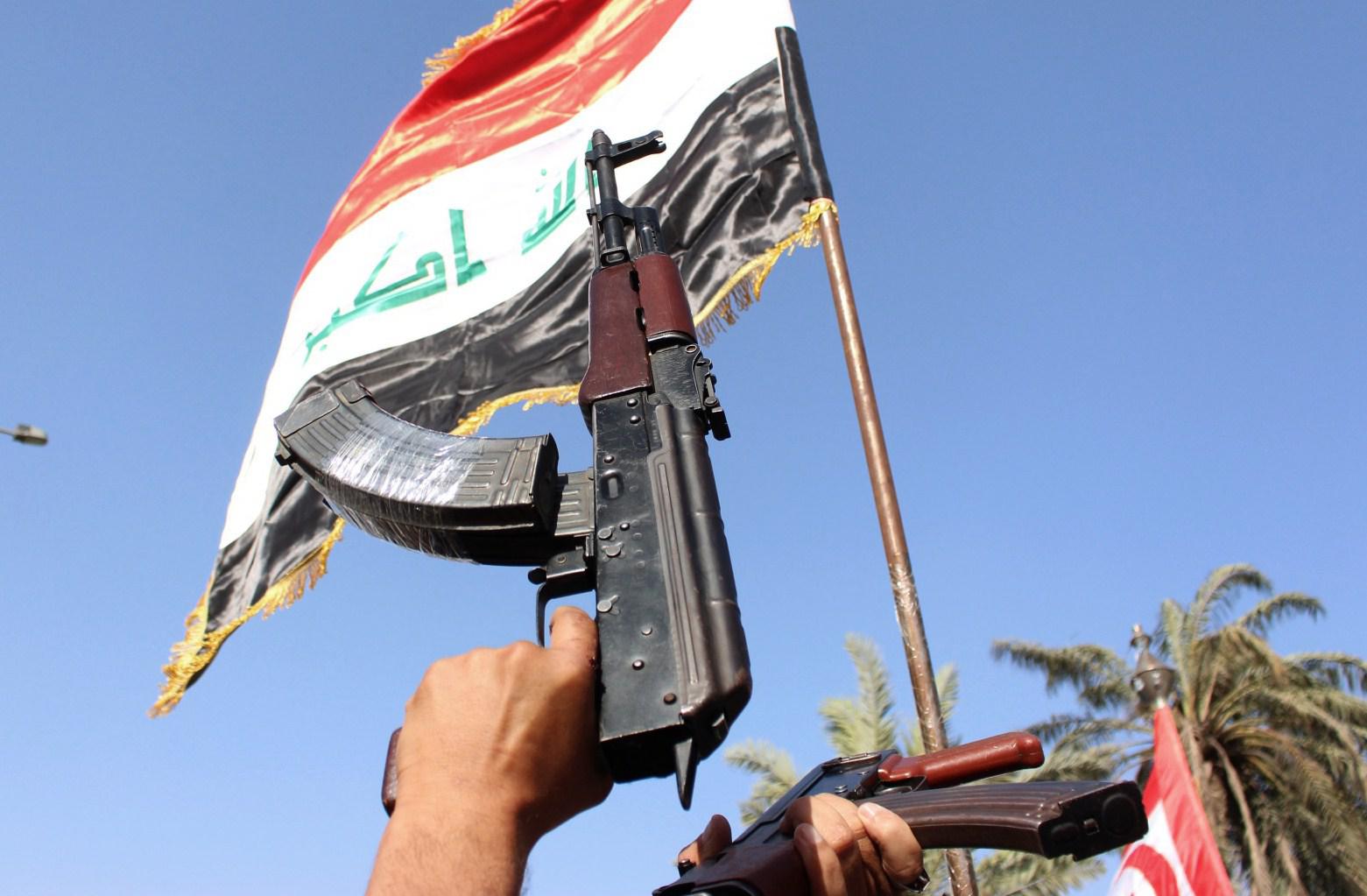Given how quickly and unexpectedly the situation has gone from dire to catastrophic in Iraq, it pays to be wary about making predictions, but at the moment it looks as if the country is entering a prolonged period of conflict rather than any sort of decisive military outcome.
There have been clashes between ISIS and Iraqi security forces on the approaches to Baghdad, but for now, an assault on the heavily fortified capital seems unlikely. While it’s clear what’s most needed right now to avert the complete collapse of the Iraqi state is a concerted effort by the Shiite-dominated central government to reach an accord with Sunni and Kurdish leaders, Prime Minister Nouri al-Maliki appears to have little interest in doing so.
Meanwhile, outside powers are tentatively getting more involved. The U.S. is sending in 275 military personnel, seemingly in an effort to avert a new Benghazi at the embassy in Baghdad. Some special operations forces may also be sent to advise the Iraqi government forces.
Iraqi security forces are apparently also being assisted by an elite unit of Iran’s Revolutionary Guard. Qassem Suleimani, the head of Iran’s Quds Force and a longtime behind-the-scenes player in Baghdad, is reportedly on the ground. Turkey is negotiating for the release of embassy personnel and their families taken hostage in Mosul last week—and has imposed a media blackout over the crisis—but seems unlikely to launch any larger intervention.
The most likely scenario at the moment appears to be a sectarian war spanning both Iraq and Syria. Iran and Saudi Arabia—already heavily involved in the Syrian conflict—now find the war literally on their borders.
Last year I wrote a post on a World Bank research paper by economists Mark Gersovitz and Norma Kriger arguing that conflicts like the one in Syria should be thought of not as “civil wars”—which implies an internal conflict between domestic forces—but as “regional war complexes,”: “ongoing sometimes active, sometimes dormant conflicts involving multiple countries over years or decades.”
I’ve been reminded of the paper this week, and it seems like a fairly useful way of thinking about the conflict. An anti-government revolution in Syria, an extremist group’s quest to build an Islamic state, a sectarian conflict in Iraq, a larger regional Sunni-Shiite proxy battle involving Iran, Saudi Arabia, and the Gulf states, and the residual effects of the U.S. invasion of Iraq are all dynamics driving this conflict.
This is a becoming a regionwide conflict, and given how many interrelated factors are involved, my guess is that it will take months or years rather than days or weeks to sort itself out.
